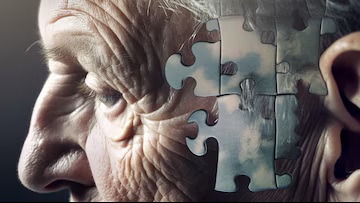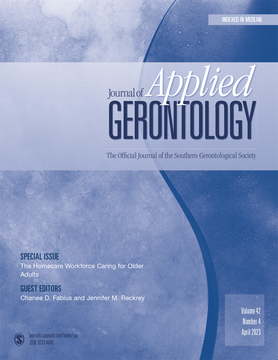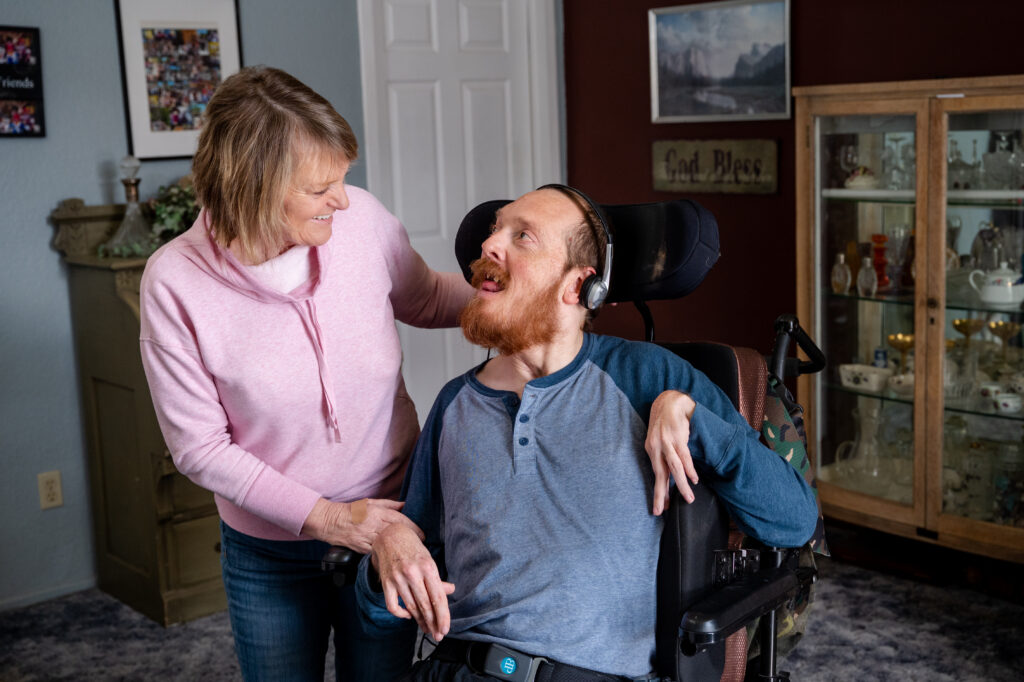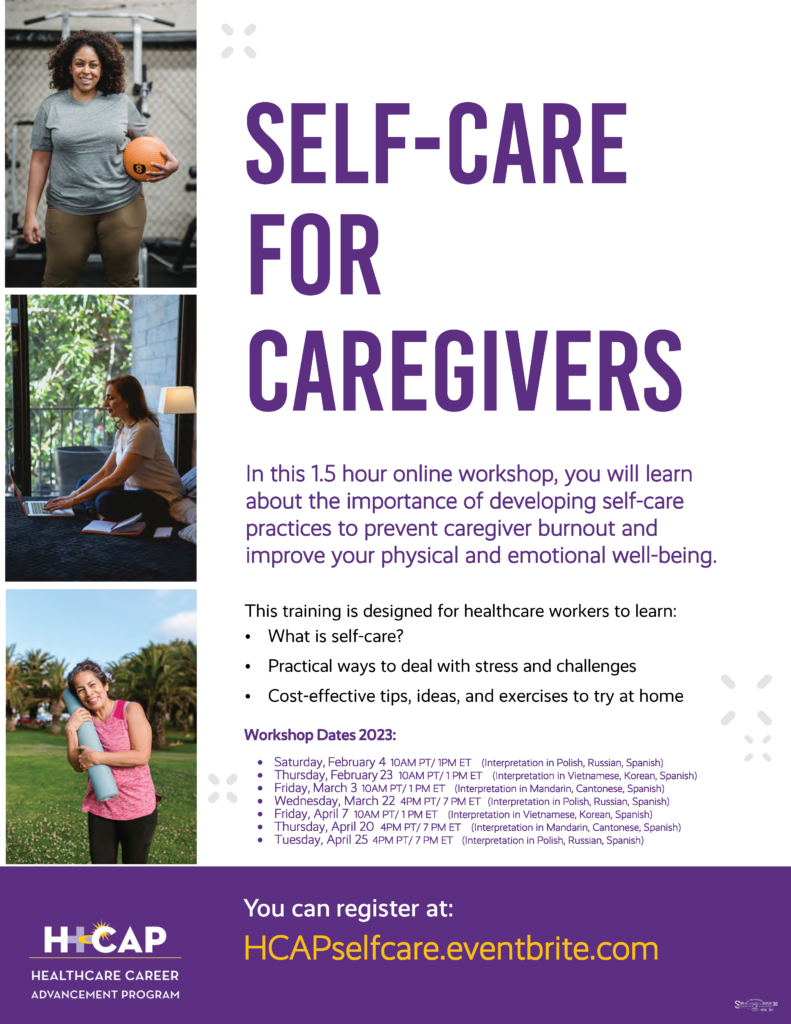Lizette Mendoza’s inspiration to pursue a nursing career in the healthcare field comes from two main sources: the medical drama TV show “Grey’s Anatomy” and her mother who has been a caregiver for nine years.
Lizette and her mother, Veronica, are currently training to become Certified Nursing Assistants (CNAs) through CCA’s CNA Registered Apprenticeship Program. Veronica, an IHSS provider, encouraged Lizette to enroll in the program and participate with her.
The CNA Registered Apprenticeship Program (CNA RAP) is a free training program* that is designed to create a pathway for workers who are interested in becoming a CNA. The program provides a solution to the staffing crisis in the nursing home industry by placing highly trained CNAs in skilled nursing facilities who are well-versed in the facilities’ procedures and practices.
Although she knows that “Grey’s Anatomy” is not an accurate reflection of reality, Lizette admires how the characters in the show “were able to help people who are in trouble,” which is ultimately what she wants to do in her future role as a CNA and, eventually, in a nursing role.
Participants in the CNA Registered Apprenticeship Program are not required to have any prior medical experience or education in healthcare. This seemed like the perfect option for Lizette. She opted for the apprenticeship program instead of a four-year college degree in nursing. The CNA program will allow her to begin her healthcare career much sooner. “In such a short amount of time, you can actually get to be a CNA,” Lizette said.
As part of the registered apprenticeship program, Lizette is currently working as a Nurse Aide at Paramount Convalescent Hospital (Sun Mar Healthcare). She is set to take her state exam in late April. Once she passes the exam and receives her certification, she will be promoted to CNA with a guaranteed wage increase.
Participants in the CNA Registered Apprenticeship Program get to work in nursing home facilities while they complete the training. This allows them to put what they learn in class into practice. The hands-on learning is helpful for Lizette and her fellow apprentices to prepare for when they become CNAs, “so we actually know what we’re doing,” she said.
She believes this program is helping her achieve her career goals. “Overall, it’s good. It’s a very stable job and I like helping people,” Lizette said. She said she would recommend the CNA Registered Apprenticeship Program to anyone and is excited for her future role as a CNA.
For more information about the CNA Registered Apprenticeship Program, see our website or email edfund@advancecaregivers.org.
* subject to eligibility requirements














